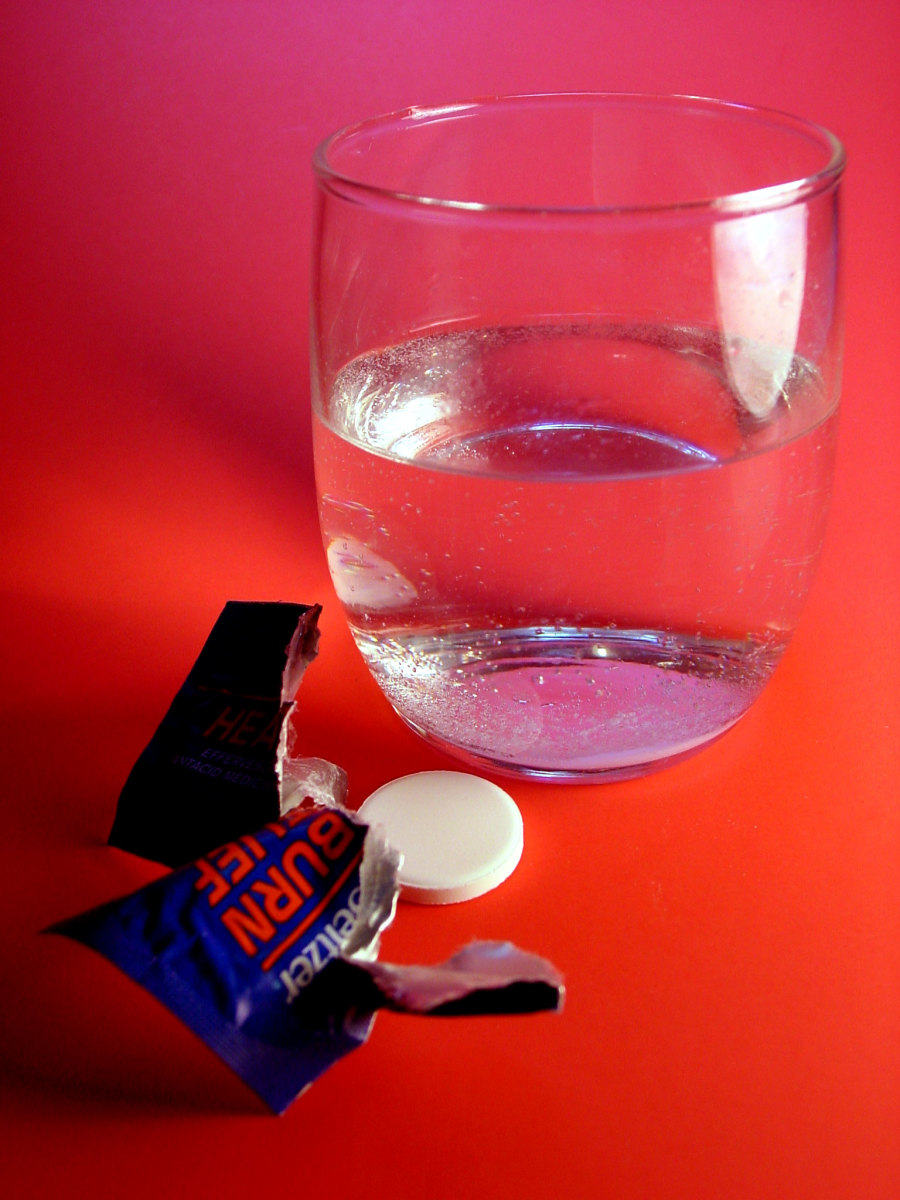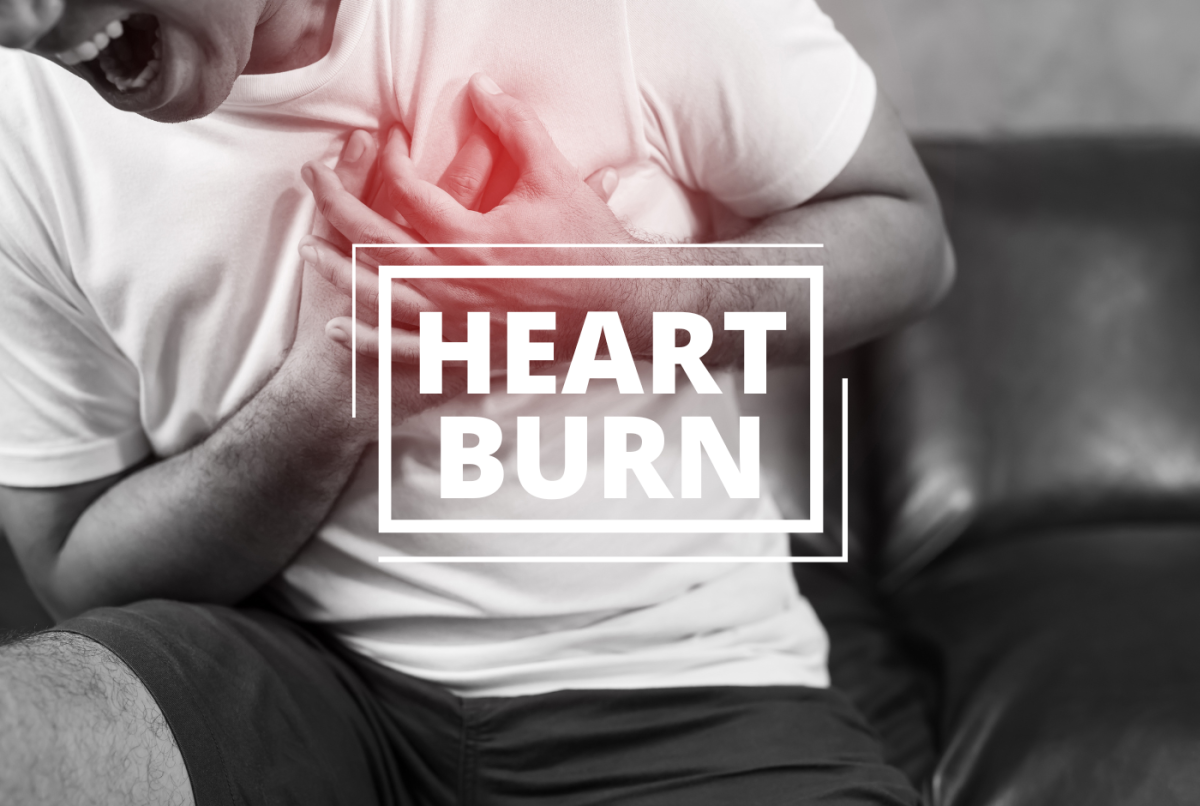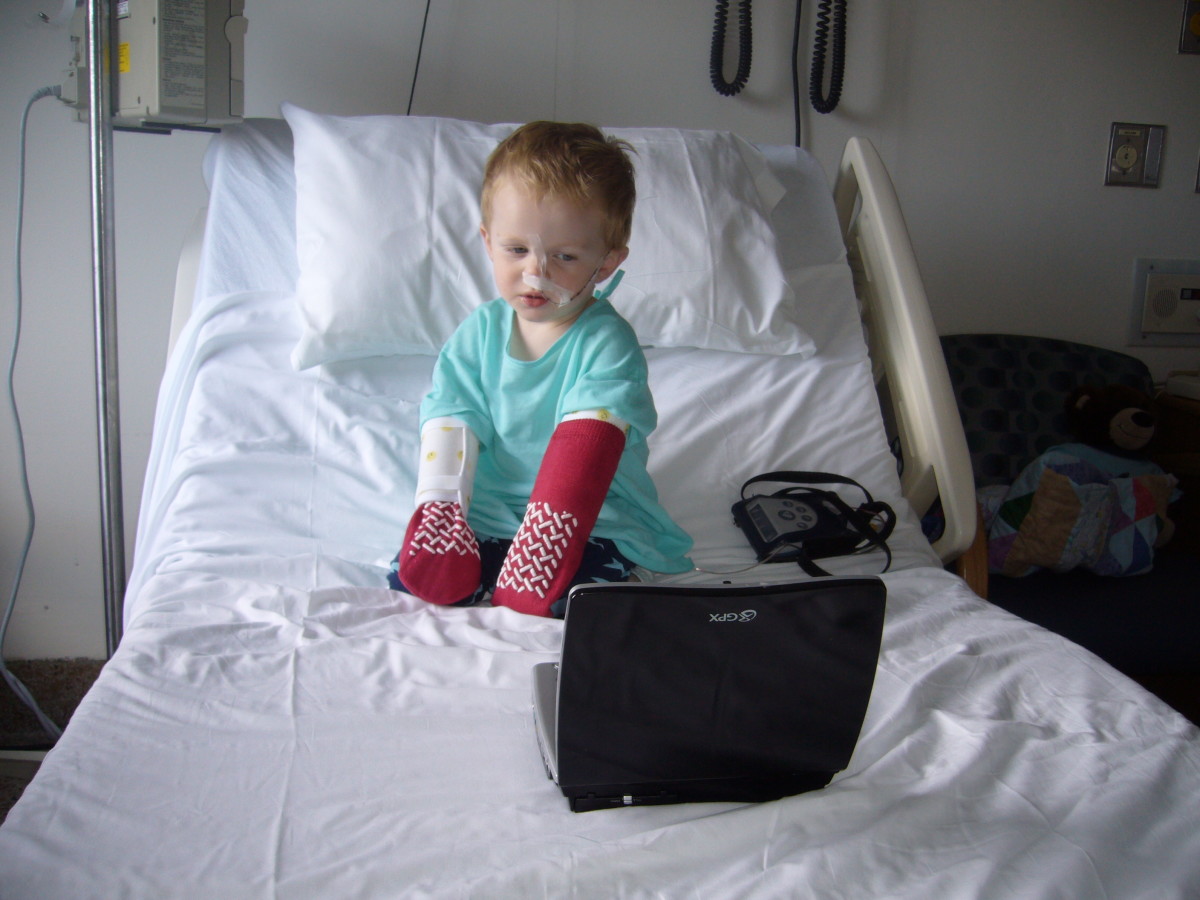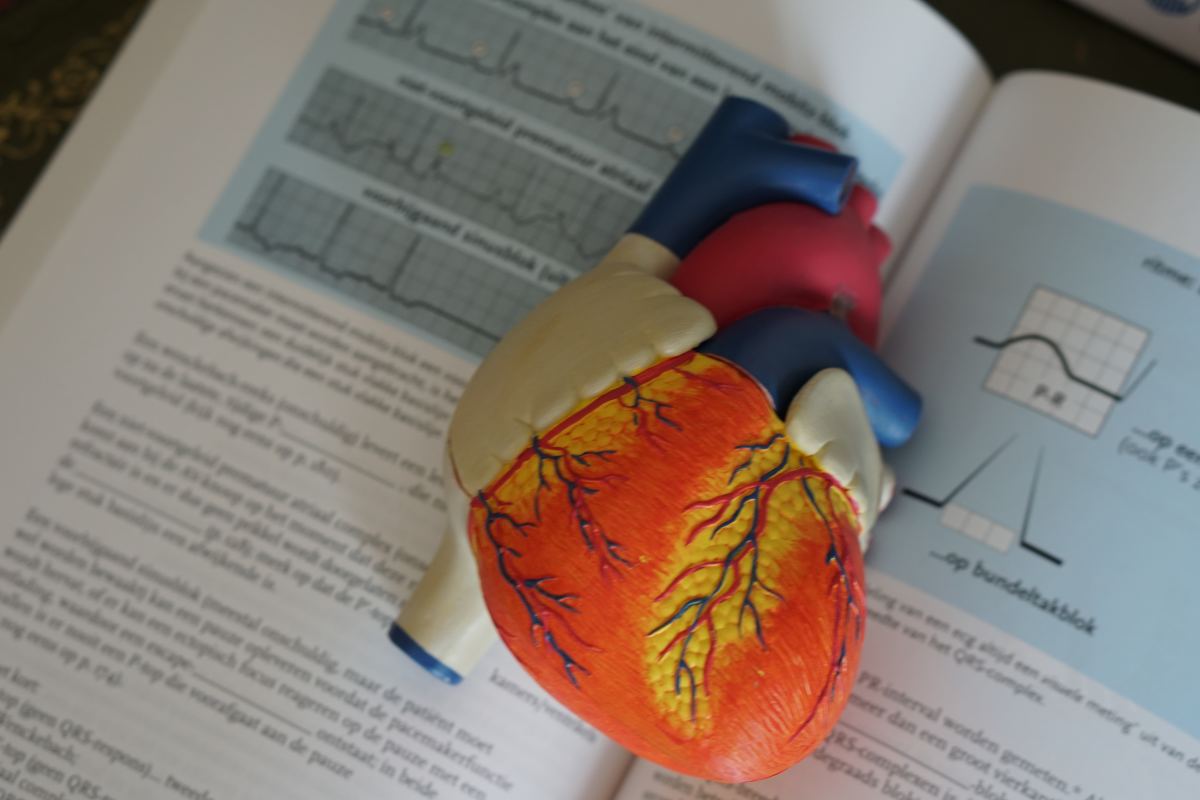Signs and Symptoms of Acid Reflux Disease
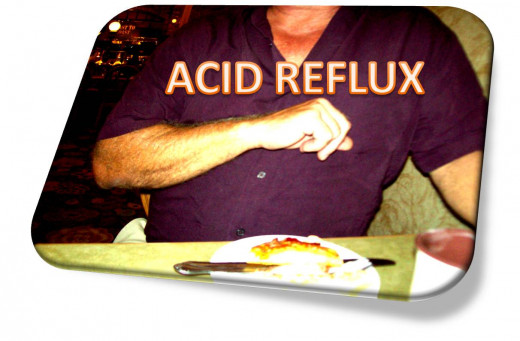
Acid reflux is a result of the stomach contents leaking into the esophagus (the gullet) and burning the delicate tissue that lines it; causing excessive inflammation. As most people will experience heartburn at sometime in their lives, acid reflex will occur frequently and may cause erosion of the esophagus and ulcers of the stomach opening.
Voice Changes from GERD
Often, people will have voice changes from the acid invading and inflaming the voice box or vocal cords. Gastroesophageal reflux, known as GERD, may be a very painful condition, but some people don't feel any pain at all. Without treatment, permanent scarring and erosion of the esophagus can cause serious bleeding and degeneration complications.
Acid Reflux
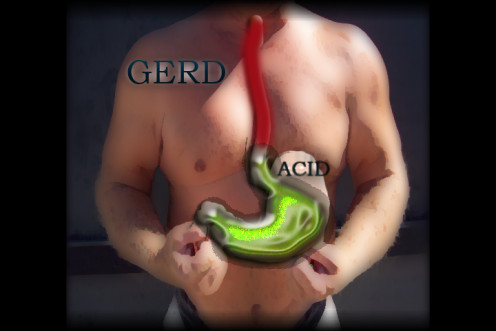

Possible Causes of Acid Reflux
When you swallow food, it passes in to the stomach and a band muscular fibers close around the entrance of the stomach (the cardiac sphincter) to keep food and acid away from the esophagus. Unfortunately, some people's cardiac sphincter has lost the ability to close tightly enough to protect the esophagus, and the acid burns the tissues and causes pain.
Risk Factors for Acid Reflux
- Alcohol decreases the muscle tone of the sphincter muscle and may relax the fibers; causing an opening for gastric contents to escape. It may also irritate and stomach lining and cause the organ to spasm as acid leaks back up into the throat.
- Obesity can cause the abdomen to shift and push the stomach above the diaphragm and place pressure on the stomach. This may also occur in pregnancy, and pregnant women frequently complain about heartburn during this temporary condition.
- Certain medications can cause relax the tone of the cardiac sphincter, or force it into spasm, causing leakage and the pushing of acid into the food pipe.
- Stress can cause certain individuals to increase production of acid in the stomach and worsen or induce acid reflux.
The Cause of GERD
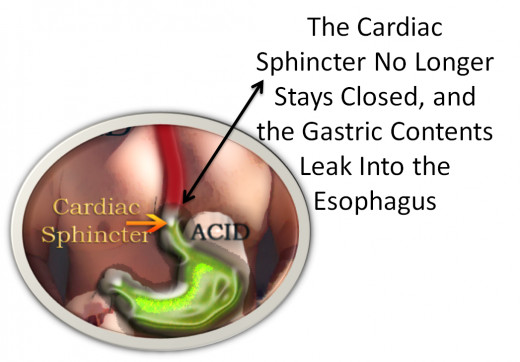

Signs and Symptoms of Acid Reflux
Heartburn on occasion is expected. Everyone has foods that don't agree with them and may cause an upset stomach. However, if heartburn is frequent enough to interfere with your health, you may want to see a physician for help. Acid reflux, or GERD, may lead to serious injury to your esophagus, throat, and cause ulcers around the cardiac sphincter. Some symptoms of acid reflux may be:
- Burning under the breastbone
- The feeling that you haven't completely swallowed
- Voice changes (hoarseness) that may or may not include pain
- Sore throat, or it hurts when you swallow
- Increased pain on bending over, lying down or lifting heavy objects
- Symptoms are worse at night, or after a late meal
- Nausea during or after a meal
- You get relief from antacids
- Hiccups, a cough or difficulty swallowing

Common Medications for Acid Reflux
Medications are designed to help reduce acid in the stomach or reduce the amount of acid released in the stomach. If one class doesn't work, try another. Different medications are classified as:
Proton Pump Inhibitors: The action decreases the amount of acid in the stomach. Some people create more than others, and may produce excessive amounts in times of stress or in response to certain foods or medications. Some examples are:
- Prevacid
- Aciphex
- Prilosec
H2 Blockers (antagonists): Decrease the amount of acid released by the stomach. Some examples are:
- Tagament
- Pepcid
- Zantac
- Axid

Tests for Acid Reflux (GERD)
If your symptoms are mild, chances are you may benefit from lifestyle changes that will improve your pain and lessen the risks of complications. If you think some medications you are taking are causing the acid reflux, always consult your physician before discontinuing them. However, if you are not finding relief, or have serious indications, your doctor may want to do a test.
EGD - esophagogastroduodenoscopy
You will receive a sedative and the physician will insert a long tube with a fiberoptic camera at the tip through the mouth and into the stomach. The camera will take photos and the physician can see the condition of the stomach and esophageal lining in real time.
Barium Swallow
As you swallow a cupful of barium, the physician can how the stomach is holding on to the contents and if the barium is leaking. Usually a fluoroscope is used to examine the stomach contents, and it looks much like an X-ray in motion.

When to Seek Medical Help
- If you are vomiting blood, call 911 immediately for help. You may have a tear in the cardiac sphincter and need assistance immediately.
- If you have persistent vomiting with coughing and sneezing, you may have inhaled gastric contents and need medical help right away.
- If you have black tarry stools, it is possible you have developed a bleeding stomach ulcer and need medical attention
- If your acid reflux medications are making the GERD worsen, call your doctor and discontinue the medication
Lifestyle Changes to Reduce Acid Reflux
If you are experiencing mild symptoms, and have discussed it with your physician, certain changes in your diet and exercise program can correct the condition. Some of these may be:
- Weight loss
- Avoid foods that trigger the acid reflux and pain
- Don't eat one hour before bedtime and don't lay down after a meal
- Take your medication for acid reflux as instructed by a healthcare provider
- Use antacids sparingly, as they can cause PH changes in the body
- Avoid alcoholic beverages
- Avoid overeating or large meals at one sitting

